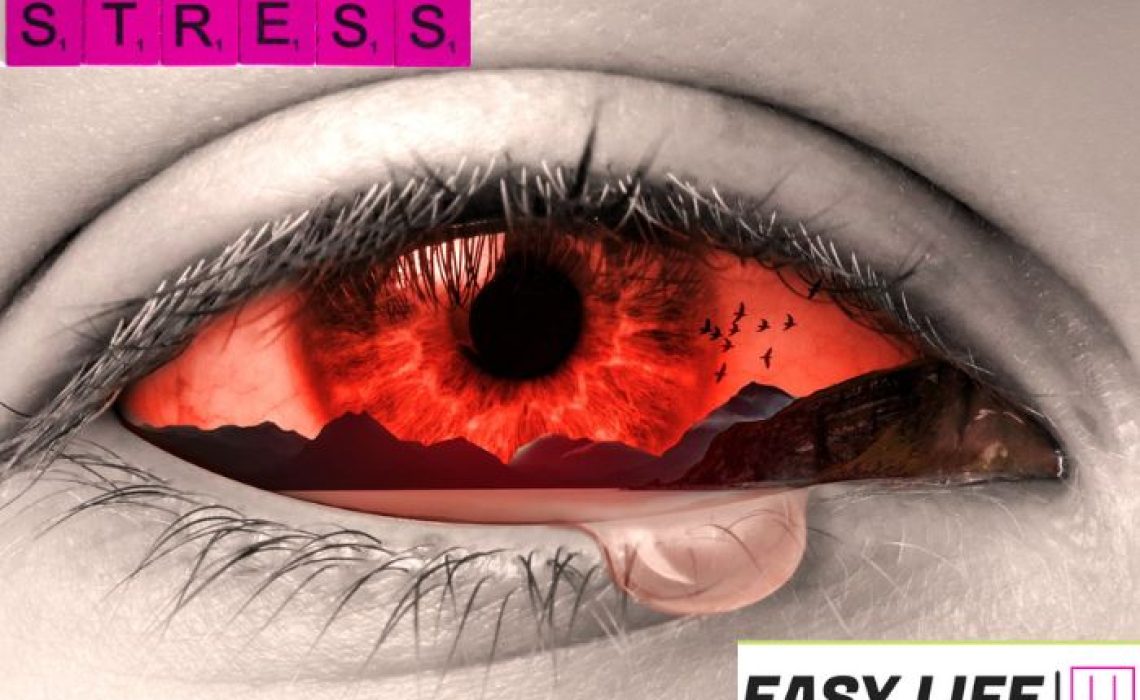Physical effects of stress on the body: Stress is a normal part of life. It’s your body’s way of responding to any demand or threat. A busy work schedule, relationship issues, money problems, or health issues are just a few examples of the many situations that can lead to stress. While a little bit of stress can be beneficial, too much stress can have negative effects on both your body and mind.
In this blog, we’ll look at the effects of stress on your body and mind, as well as some strategies for stress management.
Table of Contents
ToggleUnderstanding stress and its impact on your body and mind
The physical effects of stress on the body:
When you’re stressed, your body responds by releasing hormones such as adrenaline and cortisol. These hormones prepare your body to respond to the perceived threat, whether it’s a physical one like running from a predator or a psychological one like a work deadline. While these hormones can be helpful in small doses, prolonged exposure to them can have negative effects on your body. Here are some of the physical effects of stress:
- Elevated blood pressure: Stress can cause your heart to beat faster, leading to increased blood pressure. Over time, this can lead to hypertension, which can increase your risk of heart disease, stroke, and other health problems.
- Stress can weaken your immune system, making you more likely to get sick or catch an infection.
- Digestive issues: Stress can cause a range of digestive issues, including indigestion, stomach pain, and diarrhoea.
- Muscle tension: Stress can cause your muscles to tense up, leading to headaches, neck and shoulder pain, and other muscular problems.
- Insomnia: Stress can interfere with your sleep, making it difficult to fall asleep or stay asleep.
The psychological effects of stress on the mind:
Stress doesn’t just affect your body—it can also impact your mental health. Here are some of the psychological effects of stress:
- Anxiety and depression: Prolonged stress can lead to feelings of anxiety and depression, which can affect your quality of life.
- Cognitive impairment: Stress can affect your ability to concentrate, remember things, and make decisions.
- Irritability: Stress can make you more irritable and short-tempered, leading to conflict with others.
- Reduced motivation: Stress can sap your energy and make it difficult to stay motivated.
- Addiction: Some people turn to drugs, alcohol, or other addictive substances to cope with stress, leading to addiction and other health problems.
Tips for managing stress effectively:
While stress is a normal part of life, it’s important to manage it effectively to avoid the negative effects it can have on your body and mind. Here are some tips for managing stress effectively:
- Find out what makes you feel stressed. The first step in dealing with stress is to figure out what causes you to feel stressed. Once you’ve identified your stress triggers, you can develop strategies for managing them.
- Practice relaxation techniques: Relaxation techniques like deep breathing, meditation, and yoga can help reduce stress and promote feelings of calmness and relaxation.
- Exercise regularly. Exercise is a great way to reduce stress and improve your overall health. Even a short walk can help reduce stress and improve your mood.
- Prioritize self-care: Make time for activities that you enjoy, whether it’s reading a book, taking a bath, or spending time with friends and family.
- Get enough sleep. Adequate sleep is essential for managing stress. Aim for 7-8 hours of sleep per night to help your body and mind recover from the day’s stress.
- Seek professional help: If you’re experiencing chronic stress, anxiety, or depression, it’s important to seek professional help. A therapist.
Conclusion
In conclusion, stress is a natural response to what may be perceived as a threat or a demand, but prolonged exposure to stress can have negative effects on both the body and the mind. As well as mental health difficulties including anxiety, sadness, and cognitive impairment, it can cause physical symptoms like high blood pressure, a weaker immune system, and digestive problems. Maintaining physical and mental wellness requires an approach to stress management that works. Techniques for dealing with stress include keeping track of what sets you off, learning how to relax, getting regular exercise, making time for self-care and sleep, and, if necessary, consulting a specialist. You may enhance your health and your quality of life by learning to deal with stress.







1 thought on “Breaking Down the Physical Effects of Stress on Your Body”
Pingback: Coping Strategies: Techniques for a Healthier Life